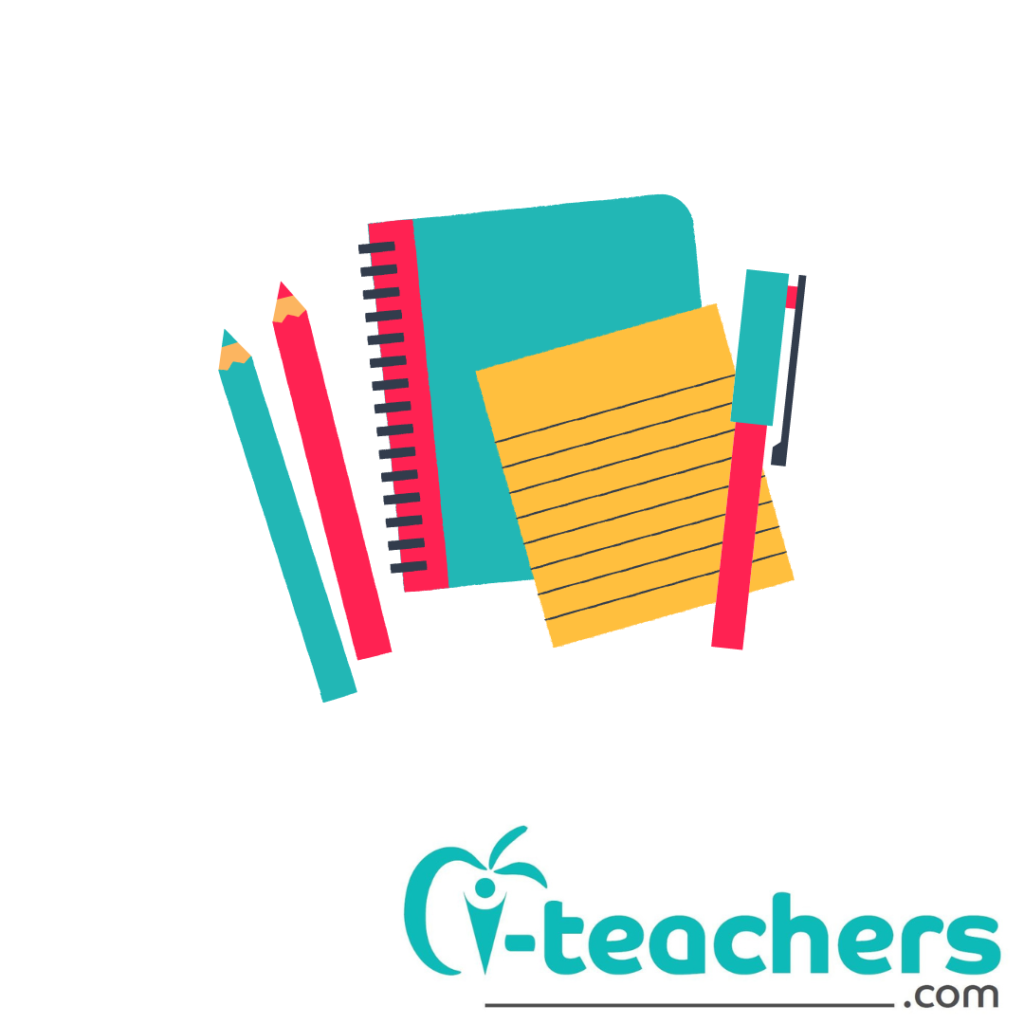
Building a lesson plan is a process that’s equally creative and critical, as teachers incorporate a wide range of strategies to engage students, assess progress and support learning and understanding, all while thinking about the students on the receiving end. It’s a time when teachers envision all the pieces of the puzzle and analyse how they’ll fit together into an effective learning experience.
Planning lessons ahead of time means teachers enter the classroom each day fully prepared to teach new concepts and lead meaningful discussions – instead of figuring things out as they go. Without a lesson plan, students can quickly lose focus and teachers may be left scrambling, thinking of what to do next. So, why is lesson planning important for teachers?
Approaching each lesson with confidence
The planning process gives teachers a chance to check their own knowledge of the concepts being taught and ensures they’ve gathered all the materials they need to teach those concepts ahead of time, so they can more effectively pass that learning on to their students. That, in turn, helps inspire more respect and engagement from the learners throughout the lesson. It also means being properly prepared to answer any questions that students may have in the most effective way!
Be prepared for changes
Building the lesson plan outwards from your learning objectives and goals also offers much-needed flexibility in adapting instructional delivery and classroom management during uncertain times. Particularly in more recent times, classes move increasingly from onsite to online and therefore require different delivery methods, requiring adjustments to existing plans. Such situations highlight the importance of lesson planning in keeping the class moving smoothly from task to task regardless of the learning environment. Advance lesson planning also minimises the need for discipline and allows you to make the most of your time with students.
Effective curriculum delivery
The importance of lesson planning is that it bridges the curriculum’s intent with the daily teaching and learning in a classroom. At a minimum, lesson planning adds the element of time, breaking the curriculum into units delivered each session. Ultimately, creating a lesson plan allow you to more effectively break down the curriculum to ensure everything is included and demonstrated in the simplest and most informative way – another reason why lesson planning is important for teachers.
Student assessment
A lesson plan allows the translation of the curriculum into clear daily goals for student learning that include a description of the objective and a way to measure the student’s attainment of it. A few standard measurement methods are tests, homework and assignments. By including these in your lesson plan and ensuring they are completed, it allows you to more effectively measure your students’ results and reflect on your teaching methods.
Manage classroom time more effectively
How will the lesson flow from the moment students sit down at their desks until the bell rings at the end? Lesson planning helps teachers break down each lesson into a defined flow with specific classroom activities – and gives them a schedule they can stick to. Well-managed classroom time aids in the pace of learning as well, meaning important parts of the lesson aren’t crammed in as time runs out (or cut altogether), and that students are kept engaged evenly through the class.
Bring substitute teachers up-to-speed
A detailed and well-organised lesson plan is a perfect way to make sure a substitute teacher knows what he or she needs to cover during class. It creates a consistency of learning for students, as their progress isn’t interrupted. It helps the supply teacher lead a class they may not be familiar with. Plus, it gives the regular teacher confidence knowing that class time is being used effectively – and that he or she won’t need to repeat the lesson later.
Plan – and perfect – into the future
Daily lesson planning is demanding. It requires a repeated upfront investment of time and effort. Even after the lesson, teachers should gather feedback and practice self-reflection to identify things they can improve for next time. However, once a teacher creates a plan, they have a solid foundation upon which they can create future lessons – for their current class and the next – with only minor iterations needed.
How i-teachers can help you find a teaching role
Here at i-teachers, we are an education recruitment consultancy focusing on providing long term and permanent jobs in Primary, Secondary and SEN schools across the UK.
So, how can i-teachers help you to find a teaching job?:
- Our friendly and experienced education consultants are dedicated to perfectly matching our candidates to schools suited to their skills set and personal goals.
- We work with NQTs and experienced teachers across the UK, as well as graduates looking for teaching assistant roles prior to teacher training.
- For our job seekers we provide an approachable, responsible and easy to work with team of professionals, all driving towards finding the perfect role and ideal solution for the future.
What makes us unique:
- Caring and experienced team of education consultants (check out our 5* TrustPilot reviews to see for yourself!).
- We won’t rest until we have found you the perfect role in the ideal school.
- We are education experts, and offer industry leading, specialist advice.
- We work nationally, so we are ideal if you want to relocate.
- Our consultants are with you every step of the way, helping you to make the best decisions for your career before, during and after your placement.
Get in touch with one of our dedicated consultants to find out more on how to find teaching jobs, or have a look through some of our current vacancies!

